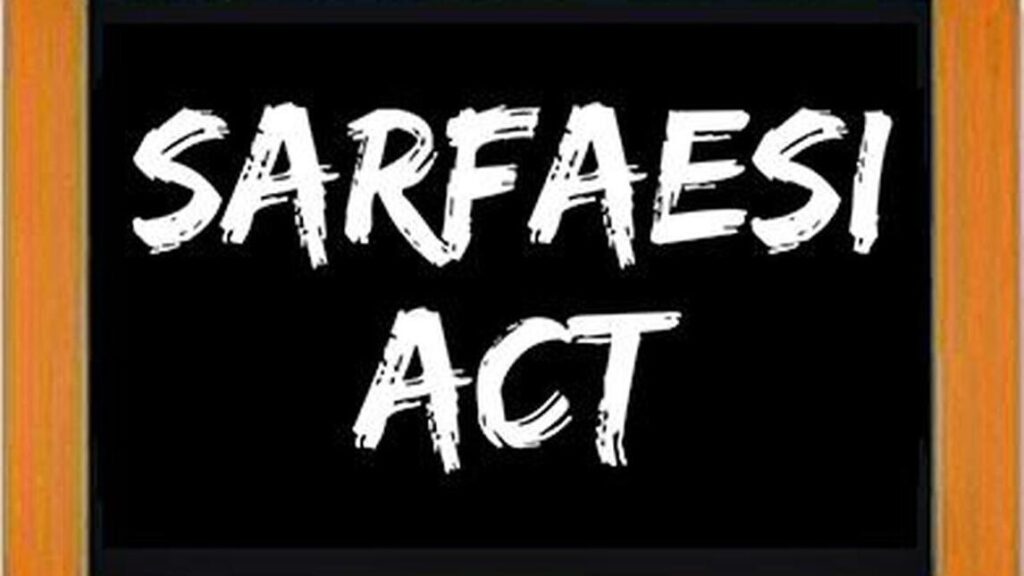THE ROLE OF DEBT RECOVERY TRIBUNALS IN SARFAESI PROCEEDINGS
Introduction
The Securitization and Reconstruction of Financial Assets and Enforcement of Security Interest Act (SARFAESI Act) was enacted in 2002 by the Indian Parliament to provide a legal framework for the recovery of bad debts by banks and financial institutions. One of the key components of the SARFAESI Act is the establishment of Debt Recovery Tribunals (DRTs) to facilitate the efficient resolution of debt recovery cases. In this article, we will explore the role of Debt Recovery Tribunals in SARFAESI proceedings and their significance in the overall debt recovery process.
Overview of SARFAESI Proceedings
SARFAESI proceedings are initiated by banks and financial institutions to recover their non-performing assets (NPAs) by enforcing their security interests without the intervention of the court. The Act provides banks and financial institutions with certain powers and remedies to expedite the recovery process. These powers include the right to issue notices to defaulting borrowers, take possession of the secured assets, and sell or lease them to recover outstanding dues.
Role of Debt Recovery Tribunals
Debt Recovery Tribunals play a crucial role in SARFAESI proceedings and act as quasi-judicial bodies for the resolution of debt recovery disputes. The primary functions and responsibilities of DRTs in SARFAESI proceedings can be summarized as follows:
- Adjudication: DRTs have the authority to adjudicate on applications filed by banks and financial institutions seeking recovery of outstanding dues. They have the power to examine the validity of the actions taken by the bank under the SARFAESI Act and ensure that due process has been followed. DRTs can pass orders for the recovery of the debt, including the sale of the secured assets.
- Appeals: DRTs also serve as appellate authorities for appeals filed against the actions taken by the bank or financial institution. Borrowers who feel aggrieved by the actions of the bank can approach the DRT to seek redressal. The DRTs have the power to review the actions taken and pass appropriate orders, which may include the setting aside or modification of the actions taken by the bank.
- Recovery Certificate: Once the DRT passes an order for the recovery of the debt, it issues a Recovery Certificate to the concerned bank or financial institution. This certificate acts as a decree of a civil court and empowers the bank to recover the debt as if it were a decree for the recovery of money. The bank can then initiate execution proceedings to recover the outstanding dues.
- Execution: DRTs have the power to execute their orders and ensure compliance. If the borrower fails to comply with the orders passed by the DRT, it can take necessary steps for the enforcement of the order, including the attachment and sale of properties, arrest and detention of the borrower, and any other measures allowed by law.
Significance of Debt Recovery Tribunals
The establishment of Debt Recovery Tribunals has significantly expedited the debt recovery process in India. Their specialized nature and exclusive focus on debt recovery matters enable faster resolution of cases and provide a forum for the efficient disposal of debt-related disputes. DRTs help in reducing the burden on regular courts and facilitate the recovery of bad debts by banks and financial institutions in a timely manner.
Moreover, the establishment of DRTs has instilled confidence in the banking sector, as it provides them with a legal framework to take effective action against defaulters. It acts as a deterrent to borrowers who may consider defaulting on their loans and sends a strong message that defaulting on loan repayments will have serious consequences.
In conclusion, the establishment of DRTs under the SARFAESI Act has been a significant step towards facilitating the recovery of outstanding dues by banks and financial institutions. The specialized forum provided by the DRTs has ensured that disputes related to the recovery of debts are adjudicated in an expeditious manner, and the fast-track process for appeals has ensured that the recovery process is not unduly delayed.



